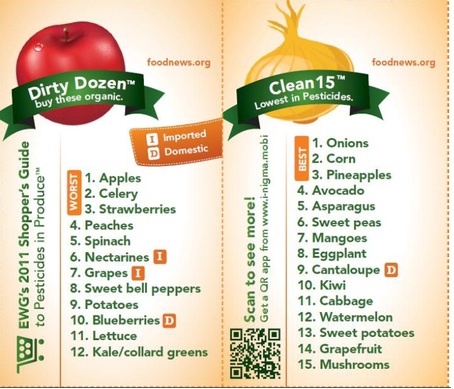A: There is a host of reasons why eating food that is in season and grown locally is beneficial to the health of our planet. Supporting local farmers also contributes to the economy of our community. Less often addressed, however, are the health impacts on our body.
Food that is grown locally will be in season for the region where it is grown. Modern technology and science allow us the luxury of importing and storing foods that do not naturally grow in our climate, such as avocadoes, bananas, and numerous other tropical fruits. Even foods that are not exotic, such as apples, are often picked months before we actually consume them, and are allowed to slowly ripen in an environment called CA (controlled atmosphere) storage. This process guarantees the availability of apples all year long.
This raises the question, does eating foods that are in season for the part of the world where we live have superior health benefits compared to imported foods? The exceptional flavour of local food would suggest so, and the research confirms this; an extremely important factor affecting the nutrient content of produce is the amount of time that passes between when it is harvested and when it is consumed. Browsing the average grocery store, there is an abundance of produce that has been imported from other countries and even other continents; days to weeks have passed from the time it was picked to its arrival on store shelves.
Once harvested, nutrients start to break down. Several studies show that some supermarket produce can have just half the amount of vitamin C and folate compared to produce that is freshly picked. When you consume locally grown food that is in season, you have the luxury of gaining the full nutrient potential that these foods offer. While this is a different luxury than being able to access the same foods all year long, eating seasonally can actually expand the variety of foods in your diet. Explore the selection of local fruits and vegetables in the produce department, attend your local Farmer’s Market, and visit www.getlocalbc.org for a full seasonal chart.



 RSS Feed
RSS Feed